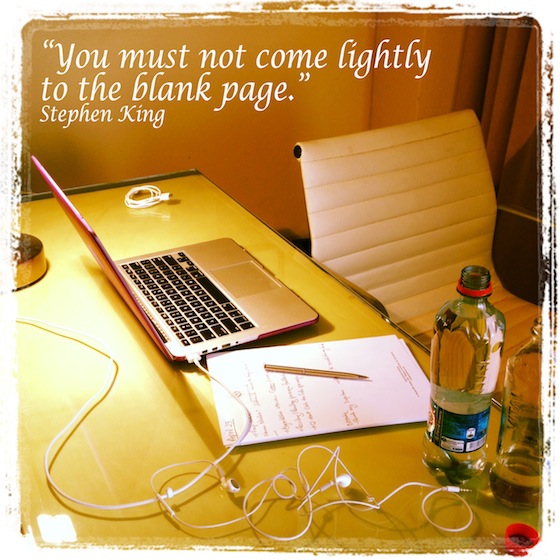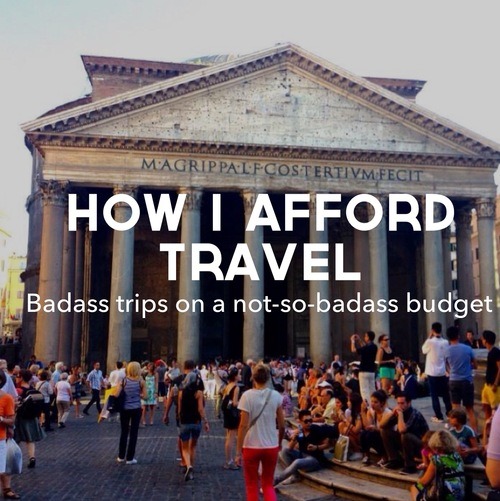Reblogged from PROLIFICLIVING.
“If you don’t have time to read, you don’t have the time (or the tools) to write. Simple as that.” – Stephen King
All great authors of our time were also voracious readers, or so Stephen King tells us in his fabulous book, “On Writing”, but then he adds, with the exception of a very few whom he could not understand. They were the exception to the rule. The rule is that you must be a reader first, a writer second.
Reading then must come before writing. Reading books, preferably in voracious volumes, must be as much a part of you as the desire to come to the blank page to produce your own words. Reading must rule as large a part of your days and hours as does writing.
I stopped reading books after high school when I entered the world of technology and engineering. I became “serious” and didn’t have time to “leisures” such as reading and it is one of my greatest regrets in how I wasted opportunity to read.
In 2006, an insatiable reading hunger came over me and I fell back into the habit again. I picked up books, old books, new books, and everything in between. I started to read at home, on the road, on planes, in hotel rooms, before bed, early mornings, late nights, and every other moment in between that was not well spent. I became an obsessed reader and my condition has only become worse over the years!
“Books are a uniquely portable magic.”
Stephen King
Since then, I have read about 300 books and continue to read between 50 to 75 books a year. Some are short. Some are epic (Anna Karenina anyone?). I move through a great many genres from novels, biographies, memoirs, business books, fantasy fiction, health books and how-to guides and so much more.
If I had to guess why I fell into reading so hard, I would say it’s because I allowed myself to read whatever that my little heart desired, not what I “should” be reading. I made a decision to never again read anything that I do not thoroughly and completely enjoy. That means I feel fine discarding a book that does not meet the bar or leaving a book unfinished to move on to better ones.
That freedom has been the fuel to the fire of my reading desire, and I just know that I shall not live long enough to read all the books that my heart and mind want to consume.
39 Reasons Why Every Writer Must Be a Reader First
But why? Why is this such an integral part of becoming a writer? What exactly is the relationship between reading and writing especially for those of you who – and I am envious of you if you fall here – are gifted with flawless command of the language?
Stephen King tells it best in “On Writing”, a book I cannot recommend highly enough but since you are here, I have summarized my experience in 39 reasons for you. I beg you to give reading a chance even if one of these reasons resonates with you. Reading …
1. Acts as a mental stimulation.
2. Improves your vocabulary.
3. Makes your writing stronger.
4. Enhances your memory.
5. Fills you with renewed inspiration.
6. Reminds you why you want to write.
7. Grows your appreciation in other authors.
8. Is the best way to consume a single idea.
9. Is an interactive way to decompress the mind.
10. Gives you a sense of urgency about time and how you spend it.
11. Makes you a better conversationalist.
12. Offers you a great exposure to the many uses of the language.
13. Increases your comprehension abilities.
14. Gives you courage to take risks with your writing.
15. Improves your story telling skills.
16. Increases your knowledge in whatever area you wish.
17. Teaches you what not to do when you read bad writing.
18. Reminds you to keep the reader in mind as you write.
19. Emphasizes the importance of clarity for your readers.
20. Improves your imagination, and this you need in order to write.
21. Helps you become the kind of writer that you aspire to be.
22. Shows you the liberties that you can take with writing.
23. Teaches you the rules of good basic writing.
24. Helps you discern between strong powerful writing and poor writing.
25. Gives you the tools you need to express your ideas well.
26. Helps you get in touch with your creative side.
27. Makes your writing flow. It just does.
28. Inspires you to see yourself as a writer.
29. Reminds you that it takes work, really hard work, to consistently write well.
30. Motivates you to take action to create your own work of art.
31. Plants the seeds of self-discipline to becoming – and remaining – a good writer.
32. Makes you proud to belong to the amazing world of writers and readers.
33. Provides you with a growling list of role model authors to look up to.
34. Brings you face to face with what you want to do and asks you to commit.
35. Cures “writer’s block” or writer’s funk (if you believe you suffer from the condition, assuming it even exists).
36. Makes you feel good about the act of writing.
37. Shows you the pure blissful joy that is reading good writing.
38. Gives you the perfect escape when you need a break from your own writing.
39. Feeds you with the precise adrenalin rush that you need in order to come to the blank page and to write.
These are just a few reasons that every successful writer is a voracious reader first.

